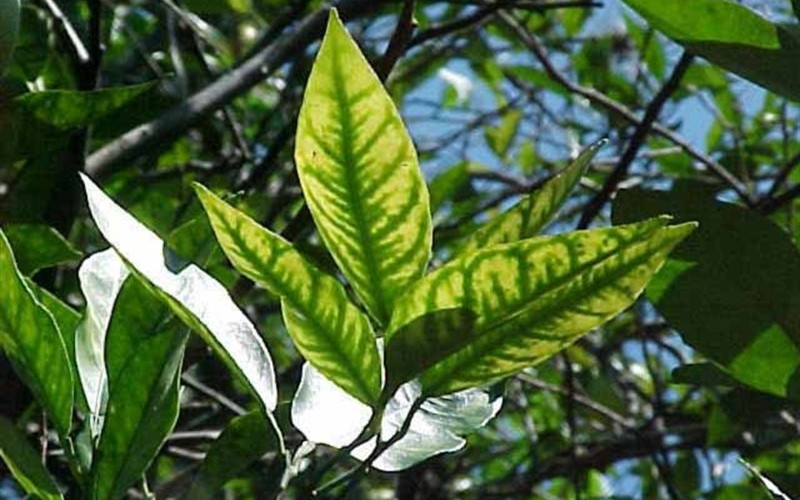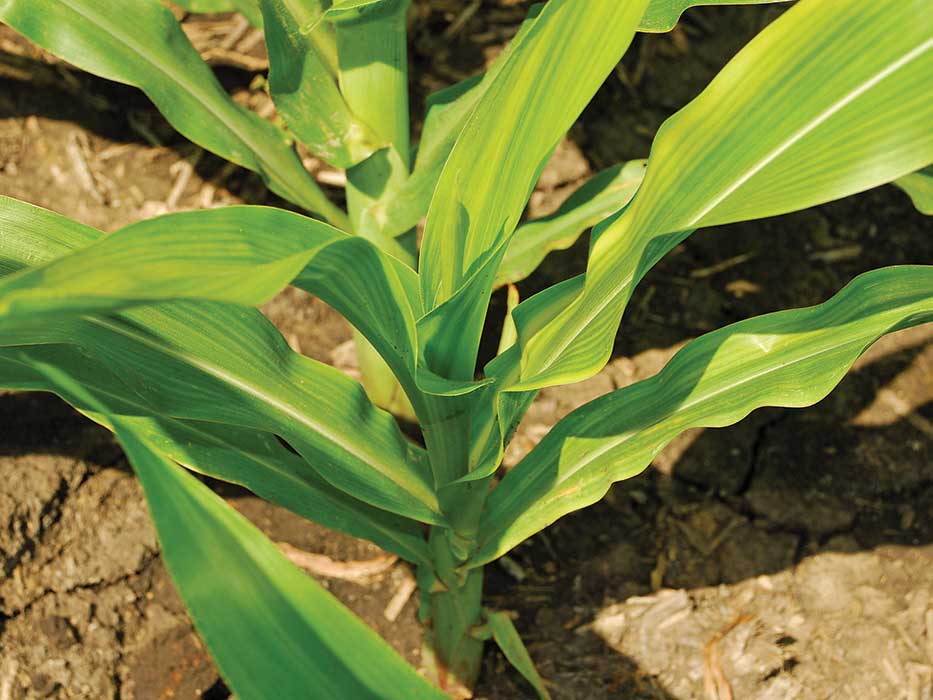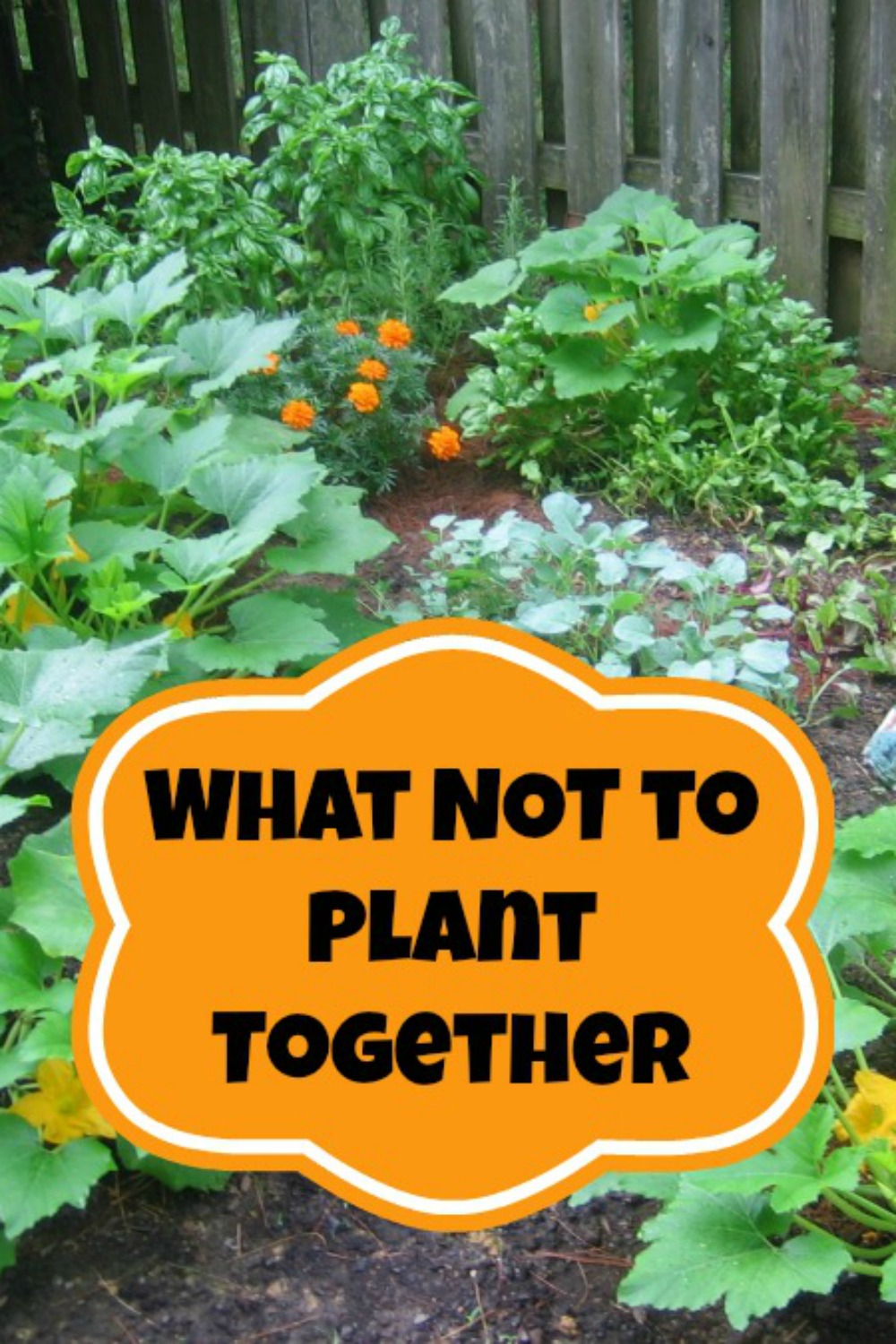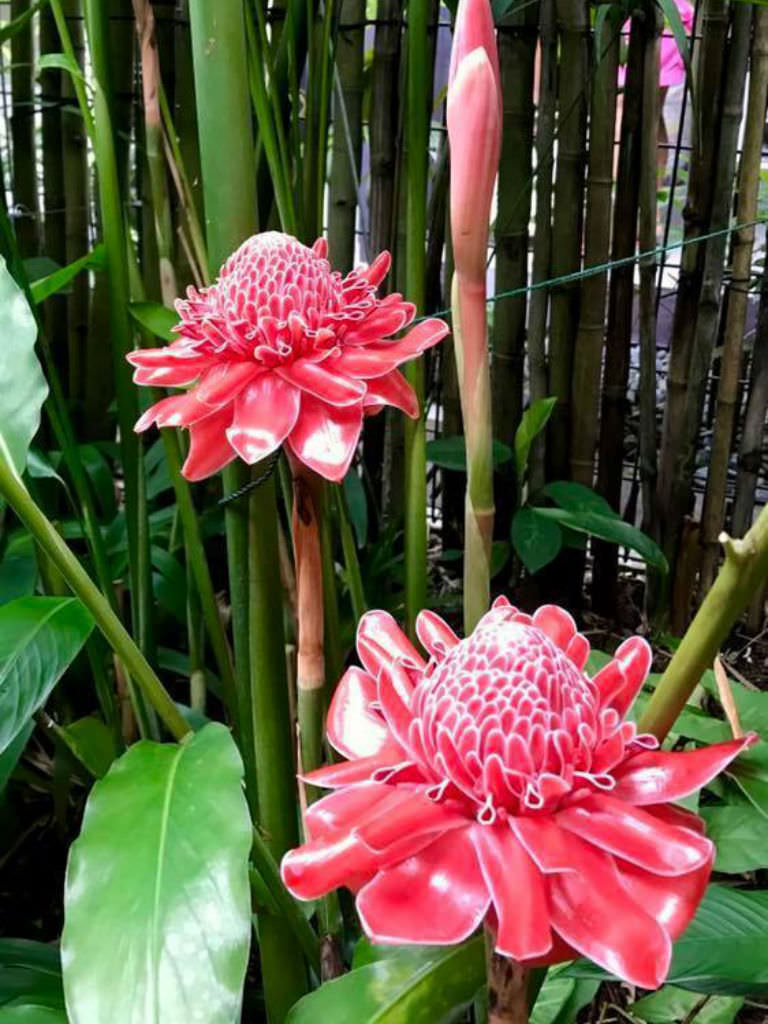Your Zinc in plants images are ready in this website. Zinc in plants are a topic that is being searched for and liked by netizens today. You can Download the Zinc in plants files here. Get all royalty-free images.
If you’re looking for zinc in plants pictures information related to the zinc in plants topic, you have pay a visit to the right blog. Our website frequently provides you with hints for downloading the maximum quality video and picture content, please kindly surf and find more enlightening video articles and images that match your interests.
Zinc In Plants. Zinc works with magnesium, manganese, and iron to promote enzyme, chlorophyll, sugar, and protein production so it is necessary both in the. Knowledge of these fluxes can inform agronomic. Zinc is a micronutrient required by plants to produce chlorophyll. Zinc is partially mobile in plants.
 zinc deficiency in citrus Gardenality From gardenality.com
zinc deficiency in citrus Gardenality From gardenality.com
The function of zinc is to help the plant produce chlorophyll. Here, we review the current understanding of zinc homeostasis in plants from the molecular and physiological perspectives. When there is a zinc deficiency in the soil, the result is discolored leaves and stunted growth. Review tansley review blackwell publishing ltd zinc in plants author for correspondence: However, recent studies have shown this not to be true. Maintaining adequate zinc levels is important for enabling plants to withstand low air.
Broadley and alexander lux4,5 tel:
Growth and development would stop if specific enzymes were not present in plant tissue. It plays an important role in a wide range of processes, such as growth hormone production and internode elongation. Growth and development would stop if specific enzymes were not present in plant tissue. It may also be caused by acidic ph levels. In plants, zinc facilitates enzyme activation, protein synthesis, carbohydrates. Zinc may also be incorporated as a component of proteins and other macromolecules.
 Source: gardenality.com
Source: gardenality.com
Broadley and alexander lux4,5 tel: Although zinc requirements vary among crops, zinc leaf concentrations (on a dry matter basis) in the range 20 to 100 mg/kg are. It plays an important role in a wide range of processes, such as growth hormone production and internode elongation. Zinc is a type of micronutrient that is important for protein and sugar production. It is needed by plants in small amounts, but yet crucial to plant development.
 Source: sowandso.com
Source: sowandso.com
Brown spots on upper leaves. It plays an important role in a wide range of processes, such as growth hormone production and internode elongation. Zinc deficiency causes a type of leaf discoloration called chlorosis, which causes the tissue between the veins to turn yellow while the veins remain green. Zinc is an essential micronutrient in plants, but like any other nutrient or substance in nature, too much of a good thing can quickly turn into a health problem.you will want to know the symptoms of zinc toxicity. 41 rows zinc (zn) is an essential component of thousands of proteins in plants, although it is toxic in excess.
 Source: tcbanana.blogspot.com
Source: tcbanana.blogspot.com
Zinc deficiency or toxicity does not occur often; In plants, zinc is a key constituent of many enzymes and proteins. Brown spots on upper leaves. Research shows us that zinc is required for the synthesis of typtophan, which in turn is the precursor for the synthesis of iaa (indoleacetic acid). Zinc (zn) is one of the eight essential micronutrients.
 Source: thedailygarden.us
Source: thedailygarden.us
The essential micronutrient zinc occurs in plants either as a free ion, or as a complex with a variety of low molecular weight compounds. It plays an important role in a wide range of processes, such as growth hormone production and internode elongation. Here we review the current understanding of zinc homeostasis in plants from the molecular and physiological perspectives. When there is a zinc deficiency in the soil, the result is discolored leaves and stunted growth. The role of zinc in the plant.

Why is zinc important for plants? Zinc is an essential micronutrient in plants, but like any other nutrient or substance in nature, too much of a good thing can quickly turn into a health problem.you will want to know the symptoms of zinc toxicity. It is needed by plants in small amounts, but yet crucial to plant development. Zinc (zn) is a key component of many proteins and enzymes. Maintaining adequate zinc levels is important for enabling plants to withstand low air.
 Source: saillog.co
Zinc was applied through a stock article info solution of zn.so4.7h2o. Zinc deficiency or toxicity does not occur often; In plants, zinc is a key constituent of many enzymes and proteins. The function of zinc is to help the plant produce chlorophyll. Zinc is an important component of various enzymes that are responsible for driving many metabolic reactions in all crops.
Source: 420magazine.com
The function of zinc is to help the plant produce chlorophyll. +44 (0)1159516334 plant sciences division, school of biosciences, university of nottingham, sutton. The role of zinc in the plant. Knowledge of these fluxes can inform agronomic. It is important for production of plant growth hormones and proteins and is involved in sugar consumption.
Source: forum.grasscity.com
+44 (0)1159516334 plant sciences division, school of biosciences, university of nottingham, sutton. Carbohydrate, protein, and chlorophyll formation is. Zinc deficient plants exhibit low levels of auxins such as indoleacetic acid. Zinc is an essential micronutrient in plants, but like any other nutrient or substance in nature, too much of a good thing can quickly turn into a health problem.you will want to know the symptoms of zinc toxicity. Zinc is an essential plant micronutrient.
 Source: lsuagcenter.com
Source: lsuagcenter.com
Zinc (zn) is a key component of many proteins and enzymes. The role of zinc in the plant. 41 rows zinc (zn) is an essential component of thousands of proteins in plants, although it is toxic in excess. In the absence of iaa plant growth is stunted particularly internode growth and leaf Zinc is an essential micronutrient which means it is essential for plant growth and development, but is required in very small quantities.
 Source: researchgate.net
Source: researchgate.net
It is important for production of plant growth hormones and proteins and is involved in sugar consumption. Good root development as well as carbohydrate and chlorophyll formation are also dependent on zinc. In plants, zinc is a key constituent of many enzymes and proteins. The function of zinc is to help the plant produce chlorophyll. As a component of proteins, zinc acts as a functional, structural, or regulatory cofactor of a large number of enzymes.
 Source: saillog.co
It is needed by plants in small amounts, but yet crucial to plant development. It may also be caused by acidic ph levels. +44 (0)1159516334 plant sciences division, school of biosciences, university of nottingham, sutton. It plays an important role in a wide range of processes, such as growth hormone production and internode elongation. Zinc is one of the most important micronutrient for plant growth molecular weight :
 Source: greenwaybiotech.com
Source: greenwaybiotech.com
Here we review the current understanding of zinc homeostasis in plants from the molecular and physiological perspectives. Zinc may also be incorporated as a component of proteins and other macromolecules. The role of zinc in the plant. In plants, zinc is a key constituent of many enzymes and proteins. The function of zinc is to help the plant produce chlorophyll.
 Source: forum.grasscity.com
Source: forum.grasscity.com
The role of zinc in the plant. Review tansley review blackwell publishing ltd zinc in plants author for correspondence: Leaves discolor when the soil is deficient in zinc and plant growth is stunted. However, recent studies have shown this not to be true. Zinc is a type of micronutrient that is important for protein and sugar production.
 Source: uk420.com
Source: uk420.com
It plays an important role in a wide range of processes, such as growth hormone production and internode elongation. Carbohydrate, protein, and chlorophyll formation is. It plays an important role in a wide range of processes, such as growth hormone production and internode elongation. We provide an overview of approaches pursued so far in zn biofortification of crops. It is needed by plants in small amounts, but yet crucial to plant development.
 Source: agweb.com
Source: agweb.com
Carbohydrate, protein, and chlorophyll formation is. It is also used to make chlorophyll and promotes stem growth. Zinc is an essential micronutrient in plants, but like any other nutrient or substance in nature, too much of a good thing can quickly turn into a health problem.you will want to know the symptoms of zinc toxicity. 41 rows zinc (zn) is an essential component of thousands of proteins in plants, although it is toxic in excess. Broadley and alexander lux4,5 tel:
Source: 420magazine.com
In plants, zinc is a key constituent of many enzymes and proteins. Knowledge of these fluxes can inform agronomic. Zinc may also be incorporated as a component of proteins and other macromolecules. Keep reading to find out more about zinc toxicity symptoms and what to look out for so you can address. Zinc is an essential plant micronutrient.
Source: 420magazine.com
In the absence of iaa plant growth is stunted particularly internode growth and leaf It plays an important role in a wide range of processes, such as growth hormone production and internode elongation. It is needed by plants in small amounts, but yet crucial to plant development. Leaves discolor when the soil is deficient in zinc and plant growth is stunted. Zinc is a type of micronutrient that is important for protein and sugar production.
Source: 420magazine.com
Zinc (zn) is an important micronutrient for both humans and plants. Research shows us that zinc is required for the synthesis of typtophan, which in turn is the precursor for the synthesis of iaa (indoleacetic acid). Zinc is an essential micronutrient in plants, but like any other nutrient or substance in nature, too much of a good thing can quickly turn into a health problem.you will want to know the symptoms of zinc toxicity. In plants, zinc facilitates enzyme activation, protein synthesis, carbohydrates. It contributes to a number of important plant functions, such as growth hormone production and internode elongation.
This site is an open community for users to share their favorite wallpapers on the internet, all images or pictures in this website are for personal wallpaper use only, it is stricly prohibited to use this wallpaper for commercial purposes, if you are the author and find this image is shared without your permission, please kindly raise a DMCA report to Us.
If you find this site beneficial, please support us by sharing this posts to your own social media accounts like Facebook, Instagram and so on or you can also bookmark this blog page with the title zinc in plants by using Ctrl + D for devices a laptop with a Windows operating system or Command + D for laptops with an Apple operating system. If you use a smartphone, you can also use the drawer menu of the browser you are using. Whether it’s a Windows, Mac, iOS or Android operating system, you will still be able to bookmark this website.






